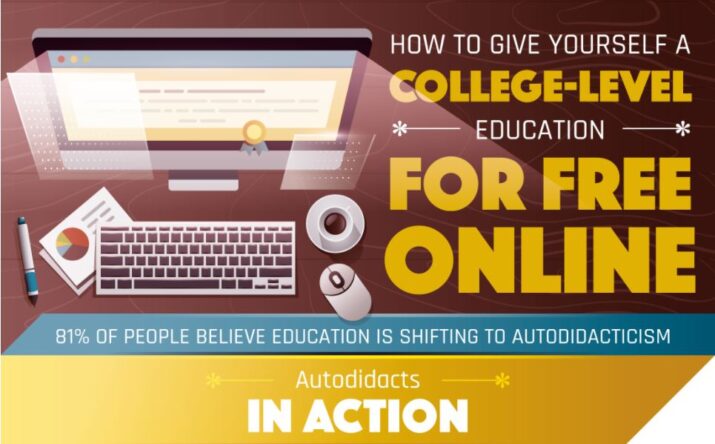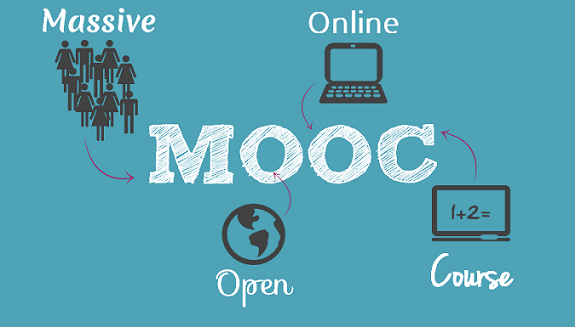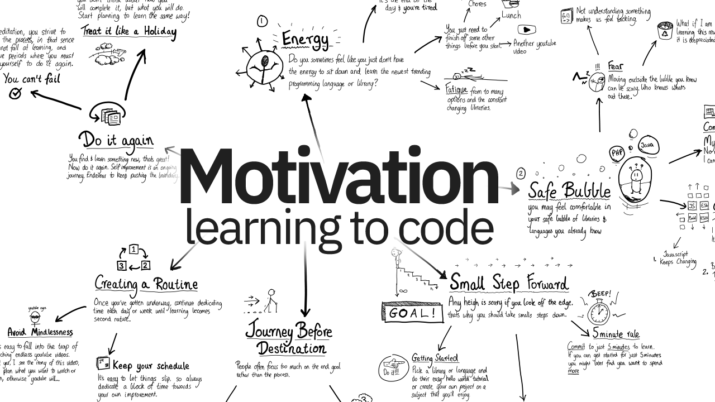The Path to a Free College Education Online
By Brian Wallace
January 10, 2024 • Fact checked by Dumb Little Man

As the costs of formal college degrees continue to skyrocket, more people than ever question the necessity of a degree in today’s society. Gone are the days of a multi-decade career where you just worked for one company and got a gold watch and a pension at the end of your service to that company. The world of work has fragmented greatly, and it is no longer a foregone conclusion that a degree will get you the job you desire.
Education is a great benefit to human capital, but when does the cost surpass the benefits?
Attendance costs have tripled in less than 20 years. The majority of students today struggle with housing and food insecurity. For some, the problem is quite extreme: a shocking 1 in 6 students have been homeless in the past year, while 1 in 5 had to lose weight because they couldn’t afford enough food. Today’s students give up bare necessities to afford their education, and when they graduate, 73% end up in jobs unrelated to their degree. So what’s the point? Is it really worth such sacrifice? How is it to ask millions of students to give up on so much for so little in return?
It’s no surprise that people want alternatives to the current system. More than half of America’s youngest generation believe degrees aren’t necessary for success. People of all ages sense that education is moving in an autodidactic direction. Autodidacts are people who are partially or completely self-taught, and they occupy important positions in world history.

American abolitionist and speaker Fredrick Douglass was denied formal education due to his enslaved status as a child. German scientist Melanie Klein founded children’s psychology despite economic conditions denying her the ability to attend university. Mexican painter Frida Kahlo left her physician training behind after being injured in a bus accident, paving the way for her to become famous for art instead.
Before, self-taught people were rare because access to educational resources was limited. Now thanks to the internet, self-education is right at our collective fingertips. Finding the equivalent of a college-level education online is easier than you might think.

Ironically, the best place to search for free education is college websites.
Colleges that charge the most for their formal degrees (Harvard, MIT, UC Berkeley) also offer a generous selection of free courses to all who want to enroll. Aggregate sites like edX and College Cliffs collect the best courses for their users, so you don’t have to switch between institutions.
If you want to abandon formal universities entirely, MOOCs (Massive Open Online Courses) also provide free online courses for anyone to enroll in.

The most popular MOOC is probably LinkedIn Learning, which allows its users to post their success stories to their LinkedIn Accounts for future employers to see. Other expert-made courses can be found at Khan Academy, Udemy, and TEDEd. For those who don’t fare well in traditional classroom settings, Codecademy and SkillShare teach via interaction.
Obtaining the resources for a self-taught education is not difficult – that is: once you know where to look. Finishing your self-taught education in a way that allows you to demonstrate your attainment to peers and employers is the hard part. Degrees have persisted as a gate for many to get through for so long because they serve as certificates of attainment. To finish a self-taught education well requires a great deal of discipline, but with proper training, you can do this.
Struggling to add self-guided education to an already demanding life? Here are a few tips to help you maintain your course.
1. Minimize distractions by working in a quiet place.

If that means physically moving to a different space (like a public library), do so.
2. Follow a study schedule complete with goals you set for yourself.

Get an accountability buddy if that’s what it takes to hold your feet to the fire.
3. Most importantly, always remind yourself of why you want to learn what you do? Why are you studying the discipline you are?

Motivation is a key ingredient to completion.
It may seem like young adults would be the most interested in self-education, but the truth is that it appeals to all ages. Even adults who have been in the labor force for decades want to continue their education, and free education online is far more accessible to them than a formalized return to college.
In fact, 42% of Americans use free online resources to retrain for work. Keeping your job in a modern world often means the learning never stops. For those pursuing a better job, upskilling for free online is far more affordable than the alternative. 31% of US workers use online tools to upskill, especially in high-demand fields like coding development and data analysis.
As they say, knowledge is power. Allow yourself the permission to not only be curious and learn for the sake of learning but to prepare yourself for the job that you’re meant to have in life. Also, keep in mind that just because some education might have a free version of a mainstay university online, that doesn’t mean that all areas of knowledge and information come from brick and mortar institutions anymore.
Enrich yourself with a college-level degree online by knowing where to attain this level of knowledge – check out more of the ins and outs in the visual deep dive below:

Brian Wallace
Brian Wallace is the Founder and President of NowSourcing, an industry leading infographic design agency based in Louisville, KY and Cincinnati, OH which works with companies that range from startups to Fortune 500s. Brian also runs #LinkedInLocal events nationwide, and hosts the Next Action Podcast. Brian has been named a Google Small Business Advisor for 2016-present and joined the SXSW Advisory Board in 2019.


